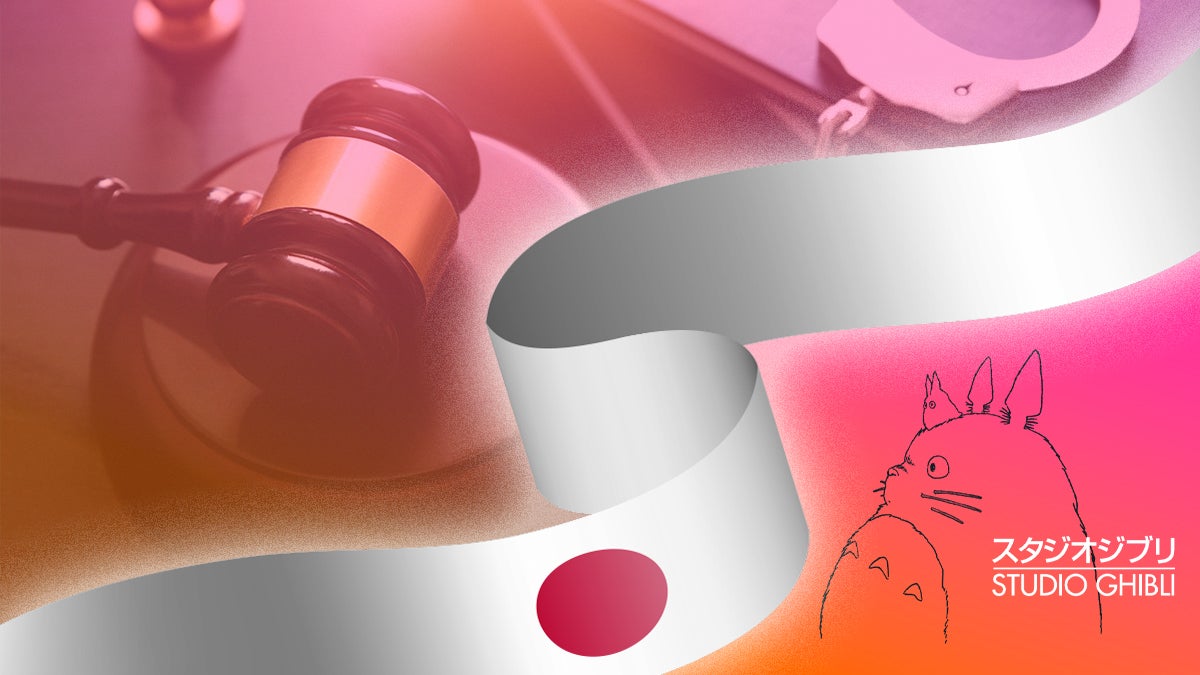
AI-generated art has always been a point of contention. But back in March, things got a lot more controversial. Amid the announcement of Chat-GPT’s enhanced generative AI capabilities, netizens discovered that they could generate art that looks suspiciously similar to Studio Ghibli.
Since then, mimicking Hayo Miyazaki’s art style has become a widespread trend. But as interest in the trend grew, so did the criticism. Among those complainants was One Piece director Megumi Ishitani, who wrote in an X post: “You’ve tarnished Ghibli. I’ll never forgive you.”
Yet, none of this criticism was enough to convince users to slow down. Eventually, Chat-GPT CEO Sam Altman reported that the number of Ghiblis being made was “melting” Chat-GPT’s GPUs.
How Is Japan Involved?
Now, Japanese lawmakers are stepping in. As reported by Dexerto, the AI trend came up during the House of Representatives’ Cabinet Committee meeting on April 16.
“There has been discussion of whether the so-called ‘Ghiblification,’ making AI-generated images in the Ghibli style, constitutes copyright violation,” Constitutional Democratic Party member Masato Imai said. “Under the current interpretation of the law, just how legal is it?”
To which Hirohika Nakahara, Director General for Japan’s Education, Culture, Sports, Science and Technology Strategy, replied: “Constitutional Democratic Party member Masato Imai asked: “Ultimately, that is something for courts to decide. If it is only a matter of the style or ideas being similar, then it would not be considered copyright infringement.
He continued: “If AI-generated content is determined to be similar to or reliant on preexisting copyrighted works, then there is a possibility that it could constitute copyright infringement.”
Thus, Imai concluded: “So the use of styles and ideas is legal, but if [an AI-generated image] were recognized as being ‘Ghibli itself,’ then that would be a violation of law.”
At the time of this writing, the Japanese government has not taken legal action over these pictures. But if these conversations continue, that might change.




